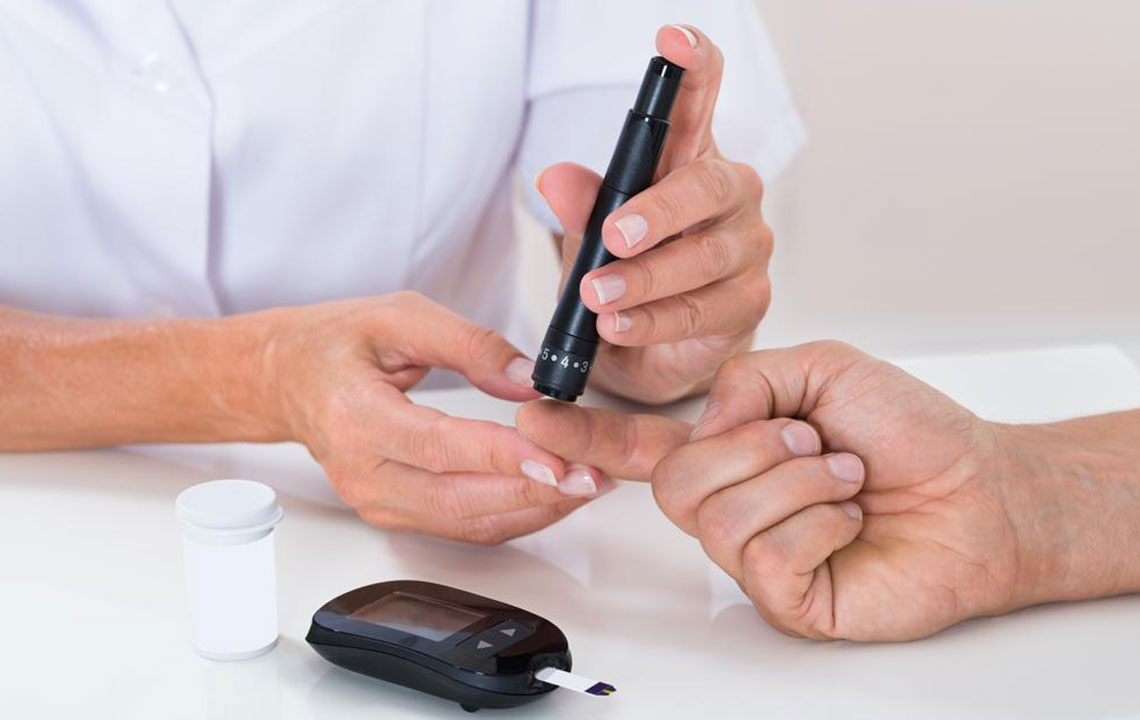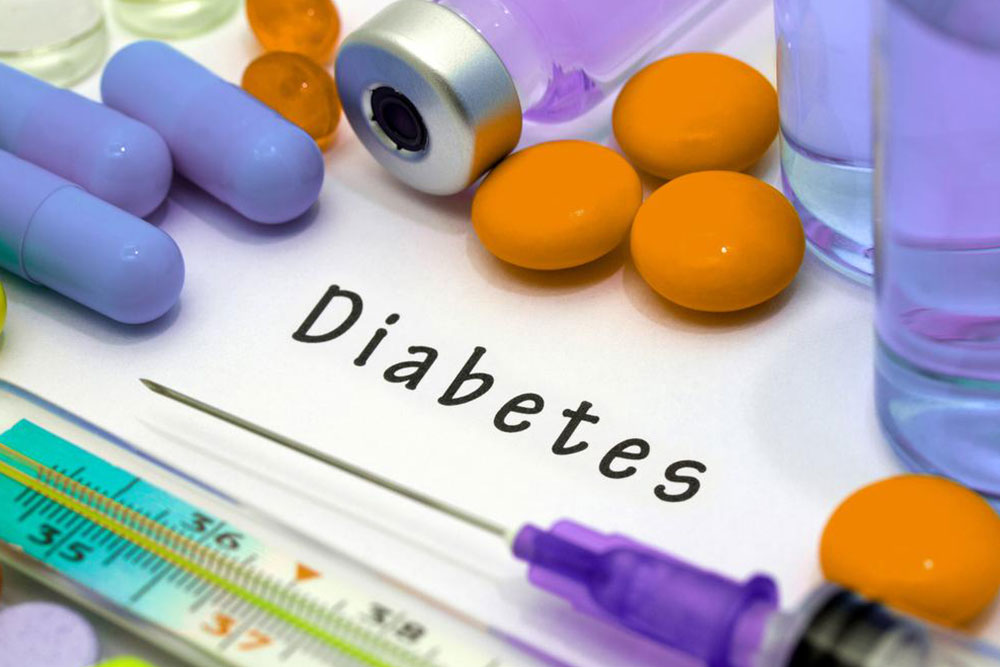Role of Medications in Effective Diabetes Control
This article explains the vital role of medications in managing diabetes effectively. It details how drugs improve insulin sensitivity, delay carbohydrate absorption, promote glucose excretion, and stimulate insulin production. Combining medication with lifestyle changes results in better blood sugar regulation, ensuring effective diabetes control.

Role of Medications in Effective Diabetes Control
Managing diabetes successfully requires a combination of proper medication, balanced nutrition, and regular physical activity. While lifestyle choices are essential, medications play a critical role in maintaining stable blood sugar levels.
Neglecting prescribed medications can hinder diabetes management and reduce the benefits of diet and exercise. Different drugs support blood sugar regulation in various ways.
How Medications Aid in Diabetes Management
Improve insulin sensitivity
Some medications reduce the body's resistance to insulin, allowing tissues like muscles and fat to respond more effectively. In type 1 diabetes, insulin injections are crucial, and these medications enhance their action.
Slow carbohydrate absorption
Certain drugs delay the gut’s sugar absorption, preventing rapid blood sugar increases after meals. This method helps control blood glucose levels safely.
Increase glucose elimination
Some medications inhibit the kidneys from reabsorbing sugar into the bloodstream, aiding in lowering blood sugar. Excess reabsorption can cause dangerously high blood glucose levels.
Enhance insulin secretion
Other drugs stimulate the pancreas to produce more insulin, especially around meal times, allowing for quick response and better blood sugar regulation.
While lifestyle adjustments are fundamental, medication use is equally important. Combining both strategies leads to improved blood glucose control.


